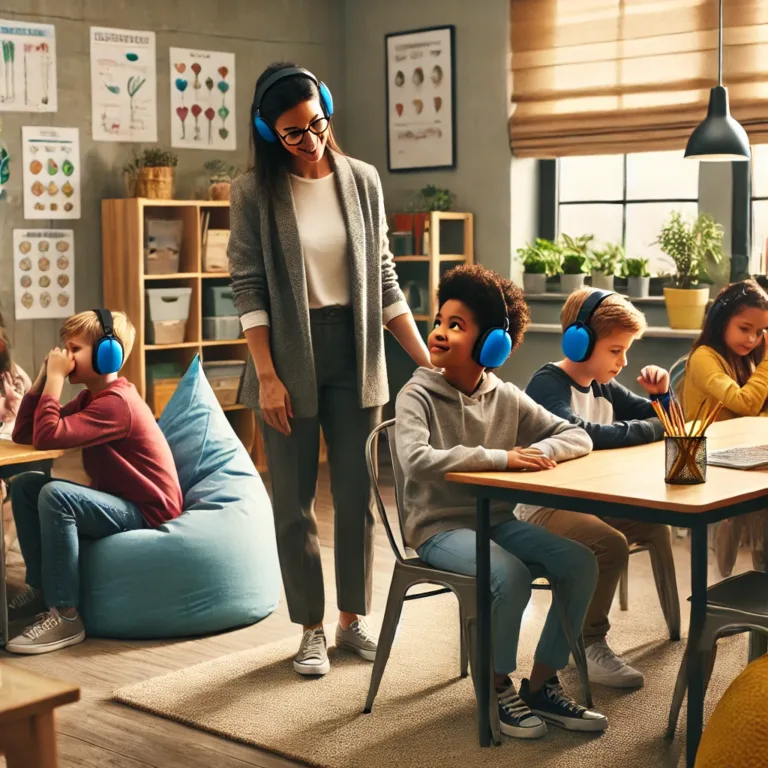No products in the cart.
Group Therapy and Its Impact on Children’s Mental Health
Group therapy, a form of psychotherapy that involves one or more therapists working with several people at the same time, has been increasingly recognized as a beneficial approach for addressing children’s mental health issues. This article will explore how group therapy can positively impact the mental health of children and why it might be a valuable part of their therapeutic journey.
Benefits of Group Therapy for Children
Group therapy offers unique benefits that can be particularly effective in the context of children’s mental health:
- Peer Support: Group therapy provides a sense of belonging and acceptance, as children realize they are not alone in their struggles. This peer support is invaluable for building self-esteem and coping skills.
- Social Skills Development: Interacting with peers in a therapeutic setting enhances social skills, such as communication, empathy, and conflict resolution.
- Learning and Modeling Behavior: Children in group therapy can learn coping strategies and behavioral techniques from one another, often adopting successful behaviors modeled by their peers.
- Reduction of Stigma: Sharing experiences in a group setting helps to normalize mental health struggles, significantly reducing feelings of stigma and isolation.
How Group Therapy Works
Group therapy sessions are typically structured to provide a safe and controlled environment where children can express their feelings and learn from each other. These sessions may focus on specific themes, such as dealing with anxiety, building confidence, or managing anger. Therapists guide the discussion, ensuring that it remains productive and positive.
Considerations for Group Therapy
While group therapy can be highly effective, it’s important to consider whether it’s the right fit for each child. Some children may feel more comfortable and benefit more from individual therapy, depending on their personality and specific needs.
Conclusion
Group therapy can be a powerful tool for enhancing children’s mental health. It offers multiple psychological benefits, including peer support, skill development, and a reduction in stigma. For many children, it provides a pathway to better understanding their emotions and improving their behavior in a supportive, communal setting.
Sources
- American Psychological Association (APA)
- Child Mind Institute
- Psychology Today



